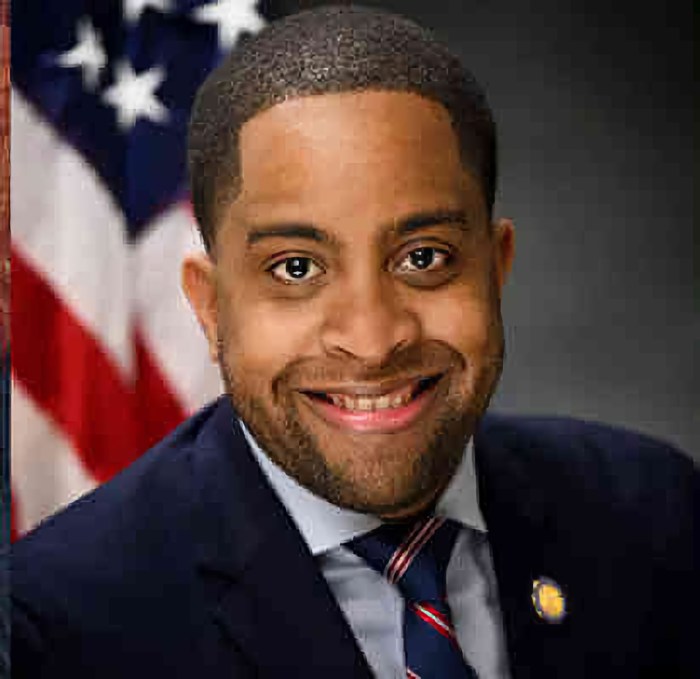Public health is a broad, fast-growing field. It requires a desire to help others and an interest in health or science — but not a medical degree.
RELATED:The risks and rewards of emergecny nursing “The whole field of public health is really about prevention,” says Heather Krasna, assistant dean of career services at Columbia University’s Mailman School of Public Health. “When people think of health care, they usually think of doctors, nurses, but there’s this huge additional set of jobs that are in health care or public health.” The Mailman School offers masters and doctoral degrees in public health, preparing graduates to enter the field as biostatisticians, educators or health care administrators, just to name a few potential career paths. RELATED:Can higher ed for inmates help them once they’re out of prison? Public health is really about “promoting and protecting the health of communities and people where they live,” says Krasna. “Most of it has nothing to do with getting to see a doctor and getting medical care.” What’s more, the field is experiencing exponential growth. The aging of the population and the large increase in people now receiving health care due to the Affordable Care Act have upped demand for practitioners, she adds. Krasna outlined four rapidly growing areas within the realm of public health.
Health educator/program manager Programs and interventions Behavior-change communication Statistics Krasna estimates that the median salary for public health graduates is about $65,000, but this can vary dramatically depending on whether graduates go into the nonprofit sector or opt to work for a pharmaceutical company. Though it’s an often-used platitute,an ounce of prevention is worth a pound of cure. And for the sick or at-risk, that knowledge is worth its weight in gold.
Health educators often work with high-risk communities to prevent illness — whether that means figuring out how people in certain areas can get access to more healthful foods, testing air quality to understand the high level of asthma in a particular community or making sure water is safe to drink. “People think about public health, and they usually think of an infectious disease, like Zika or Ebola or HIV. But actually you could be doing the same type of work and trying to prevent diabetes or working with people to prevent cancer,” Krasna says.
Going into schools and teaching kids about healthful eating and lifestyle choices is part of public health’s focus on prevention. Interventionists also work with adult populations doing what’s known as harm reduction — preventing the transmission of HIV, for instance.
Ever notice those subway posters with lung cancer patients cautioning against smoking, or attractive couples advocating safe sex? That’s all part of the behavior-change communication aspect of public health, which grapples with a big question: “How do we communicate [with the public] in a way that will get people to change behaviors that will then make them healthier?” says Krasna. “People focus on getting health care, but a lot of what accounts for somebody being healthy is stuff in their neighborhood or stuff in their environment.”
Health-related statistics and data analysis is “an exploding field” right now, Krasna adds. “You now have all this data that’s in electronic medical records, or electronic health records. Now there’s this huge field of analyzing that data so you can figure out what is it that’s causing an outbreak, or what is it that’s causing certain patients to have very high medical bills.”
What can you do with a degree in public health?

iStock


















